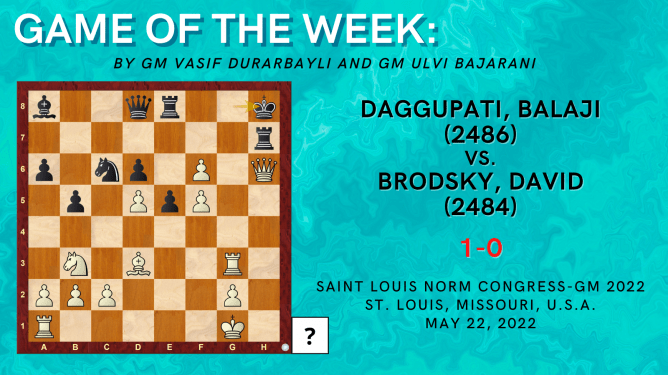Category: Blog
-

The Game that Ended My World Cup: A Chess Analysis
This year’s World Cup ended for me with a heartbreaking game. After a great opening preparation, I secured a very promising position which I was not only unable to convert, but I also failed to draw. Eventually, this forced me to play for the win with Black, but I didn’t get any opportunity. I want…
-
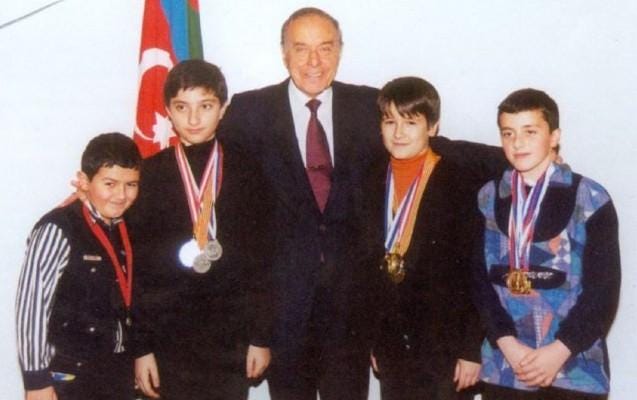
Heydar Aliyev’s Centennial: A Tribute to the Legacy and Impact on Azerbaijani Chess
Today marks the 100th anniversary of the long-time leader of Azerbaijan, Heydar Aliyev. H. Aliyev’s contributions to Azerbaijan are immense, both during the independence period and the Soviet era. Surprisingly, Heydar Aliyev has also made significant contributions to Azerbaijani chess. I would like to highlight three events that stand out to me: During the period…
-

The Gray Area of Chess: Unintentional Distractions by Opponent
Chess is often considered a stressful game, and many players can attest to this fact. However, the scope of the stress involved, especially at a high-level game, is often not grasped by the public. The level of stress is directly correlated to the mastery of the player. As a player climbs the stairs of the…
-

Am I a “Chess Tourist”?
I am currently ranked the 177th chess player in the world with a rating of 2612, and two days ago participated in a very strong IX Chessable Sunway Chess Festival. I started out as the 20th seat, ended up with 5th place, and improved my world ranking. Overall, you could call it a successful tournament…
-
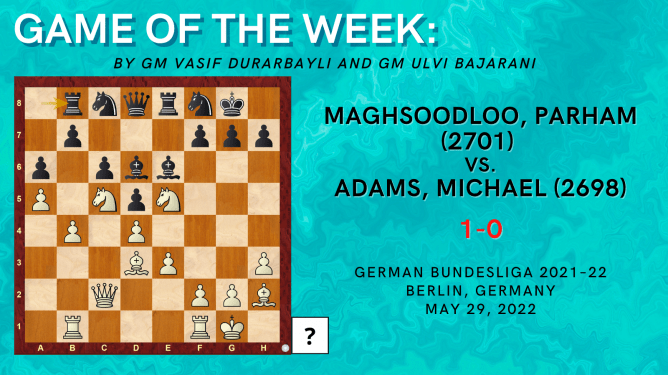
Game of the Week XXII: Maghsoodloo, Parham (2701) – Adams, Michael (2698)
“Why is the position getting worse with every move even though the opponent isn’t doing anything extraordinary?” Obviously, every position is unique; however, the most likely answer to this question, in general, is that your position is statically worse. Subsequently, a slow game plays into the hand of your opponent. The terms “static” and “dynamic”…
-
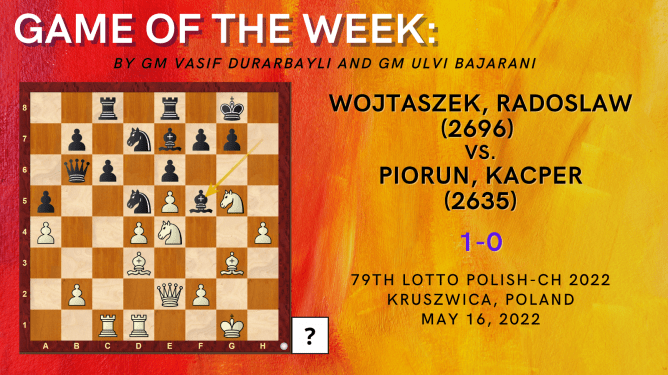
Game of the Week XX: Wojtaszek, Radoslaw (2696) – Piorun, Kacper (2635)
Why is the role of the center so important in chess? The main reason is that having control of the center allows the side controlling it to conduct its plan with ease. For example, a player’s attack on the opposing side’s king is more likely to be executed successfully when the center is solid, according…
-
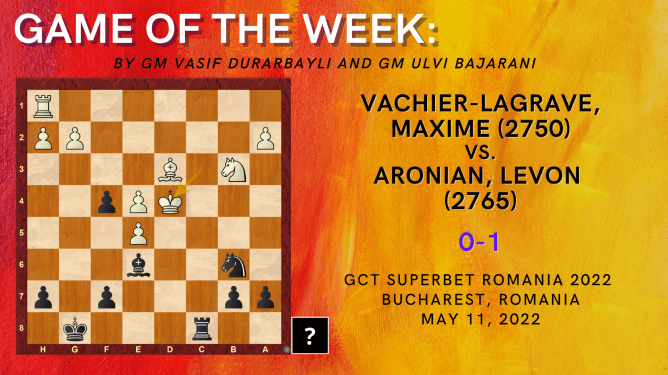
Game of the Week XIX: Vachier-Lagrave, Maxime (2750) – Aronian, Levon (2765)
“Centralization of the king in the endgame is hardly ever incorrect. It can only be inopportune.” – from Endgame Strategy by Shereshevsky Mating the king is the primary purpose of chess; therefore, each side usually tries to keep the king safe during the middle game where their opponent has various opportunities to attack him. However, after trading the…
-
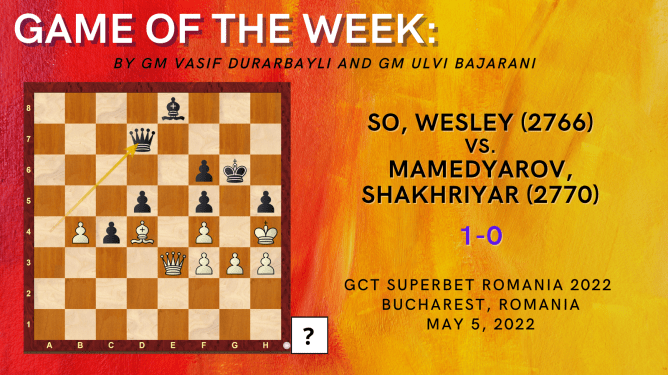
Game of the Week XVIII: So, Wesley (2766) – Mamedyarov, Shakhriyar (2770)
A ruined pawn structure around the king is a recipe for getting mated in the middle game. However, closer to the endgame, the chance of the weaker side being able to defend the king increases, which is why they usually offer trades to make the position more defensible. Nonetheless, sometimes the attacking side may also…
-
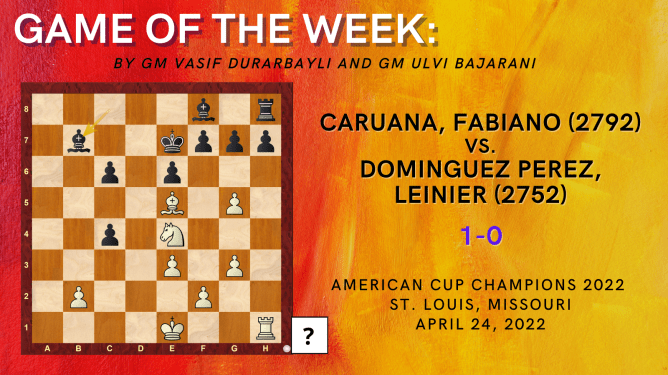
Game of the Week XVII: Caruana, Fabiano (2792) – Dominguez Perez, Leinier (2752)
During Chess.com’s coverage of the FIDE World Championship, Caruana said that he likes to go against the engine’s will in his opening preparation. Today, it is almost impossible to find any significant advantage in serious openings. Instead, the main goal of top GMs is to take their opponent out of their preparation. Caruana claims that…
-
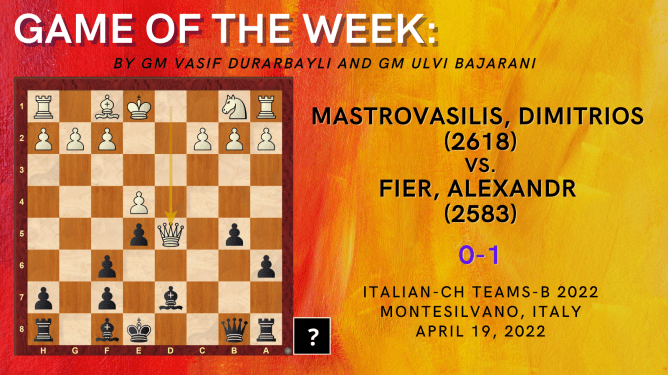
Game of the Week XVI: Mastrovasilis, Dimitrios (2618) – Fier, Alexandr (2583)
How do blunders happen in strong players’ games? Usually, strong players blunder when they encounter a surprise in some part of the game (for example, opening moves that they have not analyzed, moves that change the evaluation, etc.) that leads to uncomfortable positions for them. They spend a considerable amount of energy trying to calculate…
-
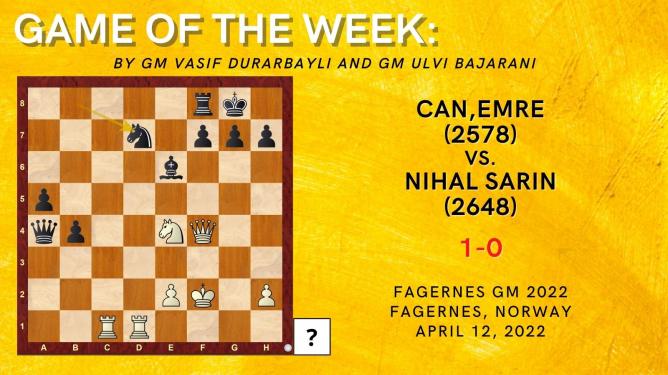
Game of the Week XV: Can, Emre (2578) – Nihal Sarin (2648)
When there is no light piece in front of the king, such as a knight on the 3rd or 6th rank, I call it a “lone king concern”. As you would guess, in these situations, the king becomes vulnerable, especially when enemy pieces are nearby. This is why many strong players often keep the knight…
